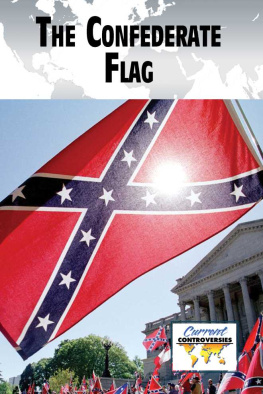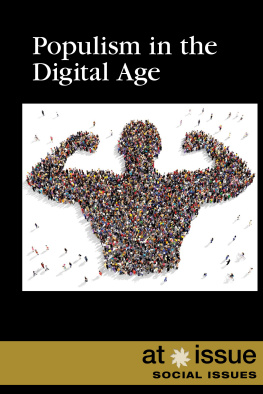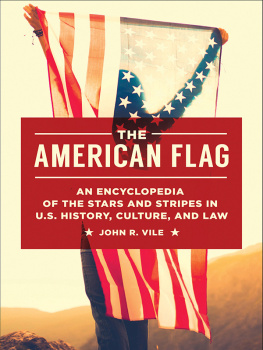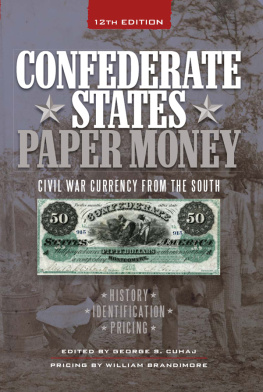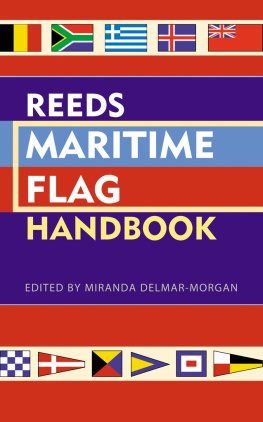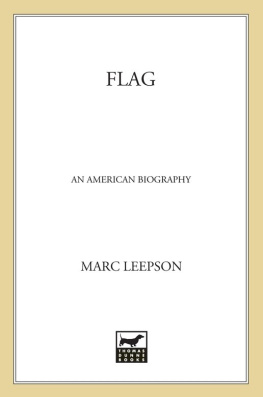Published in 2018 by Greenhaven Publishing, LLC
353 3rd Avenue, Suite 255, New York, NY 10010
Copyright 2018 by Greenhaven Publishing, LLC
First Edition
All rights reserved. No part of this book may be reproduced in any form without permission in writing from the publisher, except by a reviewer.
Articles in Greenhaven Publishing anthologies are often edited for length to meet page requirements. In addition, original titles of these works are changed to clearly present the main thesis and to explicitly indicate the authors opinion. Every effort is made to ensure that Greenhaven Publishing accurately reflects the original intent of the authors. Every effort has been made to trace the owners of the copyrighted material.
Cover image: ERIK PEREL/AFP/Getty Images
Library of Congress Cataloging-in-Publication Data
Names: Cunningham, Anne C., editor.
Title: The Confederate flag / Anne Cunningham, book editor.
Description: First edition. | New York : Greenhaven Publishing, 2018. |
Series: Current controversies | Includes bibliographical references and index. | Audience: Grade: 9 to 12.
Identifiers: LCCN 2017045404| ISBN 9781534502383 (library bound) | ISBN 9781534502444 (pbk.)
Subjects: LCSH: FlagsConfederate States of America. | United StatesHistoryCivil War, 1861-1865Flags. | National characteristics,
American. | United StatesRace relations.
Classification: LCC CR113.5 .C588 2017 | DDC 929.9/20973dc23 LC record available at https://lccn.loc.gov/2017045404
Manufactured in the United States of America
Website: greenhavenpublishing.com
Contents
James W. Loewen
The South has perpetuated a myth that secession was based on states rights, not slavery. The Civil War must be taught correctly to rectify this false history and combat lingering institutionalized racism.
Yes: The Confederate Flag Symbolizes Hate
Southern Poverty Law Center
While some assert that the Confederate flag represents heritage not hate," this view trivializes the violence and racism African Americans have suffered throughout history and in the present.
Joe Carter
The Confederate flag actually began as the battle flag of the Virginia Army" This flag has telegraphed white supremacist ideology and remains a stubborn avatar for Southern heritage to this day.
No: The Battle Flag Is a Complicated Symbol
Corinne Segal
Some argue that the rebel flag embodies key principles of effective flag design. This partially explains its endurance as a symbol.
Betsy Towner
The Civil War was a brutal, bloody conflict killing over half a million people, but many positive modern advances, such as hospitals and ambulances, originated in the war. The Civil War also paved the way for a more egalitarian and unified society.
from History
Libby Nelson
The Confederate flag symbolizes a rogue nation that fought to preserve slavery. Thus the flag can never be a neutral symbol of regional heritage, despite claims to the contrary.
Yes: The Confederate South Stood for White Supremacy
Mackubin Thomas Owens
Prior to secession, the Republican Party was committed to ending the expansion of slavery. Although it wished to, it could not abolish slavery where it existed. The Confederate rebellion changed that.
Christopher Driscoll
Defenders of the Confederate flag may not be overt racists, but so-called pride in heritage is coextensive with white privilege supporting systematic inequality.
No: Southern Heritage Is About More Than Racism
Judy Woodruff
According to the three experts on Southern culture interviewed here, the Confederate flag is a divisive symbol. It must be jettisoned if the South wishes to move on and shed its hurtful legacy.
Greg Grandin
The Department of Defense has ignored requests to remove the Confederate flag. This is likely due to the battle flags long association with militarism and the disproportionately Southern makeup of US armed forces.
Stephen Lowe
Growing out of a 1991 seminar at Vanderbilt University, Stephen Lowe reviews a book comprising several key historical studies, each dealing with an aspect of the unique economic, political, and racial problems of the American South.
Yes: Racism Is Not Just a Southern Problem
Brian Purnell
The Confederate flag is less of a symbol of regional pride than a universal signifier of racist white supremacist beliefs. This is evidenced by its use in racist counterdemonstrations in the North, as well as its recurring use in the South.
Curtis Harris
In this conversation, two scholars familiar with the dialogue surrounding the Confederate flag agree that removal is an important and surprising first step.
No: White Supremacy Was Born in the South
Wilmer J. Leon III
The so-called Dixiecrats were a breakaway faction of the Democratic Party that disdained civil rights under the pretext of states rights. Many modern Tea Party politicians use states rights as a cover for a regressive, racist agenda.
Mark Auslander
In 1946, four young African Americans were murdered in an event known as the Moores Ford lynching. In 2015, activists who annually reenact this event clashed with supporters of the Confederate flag.
Jessica Taylor
When a photograph surfaced of South Carolina church shooter Dylann Roof waving a Confederate flag, politicians from both parties supported the decision to remove the flag from the statehouse.
Yes: Americans Are Divided on Whether Battle Flag Is Offensive
Heidi Beirich
A powerful backlash against the flags removal reveals entrenched racist attitudes, particularly among white southerners.
John Wihbey
About half of Americans view the flag as a symbol of Southern pride. But an overwhelming majority of African Americans connect the flag with slavery and racial injustice.
No: Removing the Confederate Flag Will Not Undo Systemic Racism
Paul Street
Taking down the Confederate flag, while long overdue, cannot fully address structural racial inequalities.
Terrance Heath
Removing a powerful symbol of oppression is just the beginning. Undoing the legacy of slavery, segregation, and Jim Crow will require much more work.
Foreword
C ontroversy is a word that has an undeniably unpleasant connotation. It carries a definite negative charge. Controversy can spoil family gatherings, spread a chill around classroom and campus discussion, inflame public discourse, open raw civic wounds, and lead to the ouster of public officials. We often feel that controversy is almost akin to bad manners, a rude and shocking eruption of that which must not be spoken or thought of in polite, tightly guarded society. To avoid controversy, to quell controversy, is often seen as a public good, a victory for etiquette, perhaps even a moral or ethical imperative.
Yet the studious, deliberate avoidance of controversy is also a whitewashing, a denial, a death threat to democracy. It is a false sterilizing and sanitizing and superficial ordering of the messy, ragged, chaotic, at times ugly processes by which a healthy democracy identifies and confronts challenges, engages in passionate debate about appropriate approaches and solutions, and arrives at something like a consensus and a broadly accepted and supported way forward. Controversy is the megaphone, the speakers corner, the public square through which the citizenry finds and uses its voice. Controversy is the lifes blood of our democracy and absolutely essential to the vibrant health of our society.

